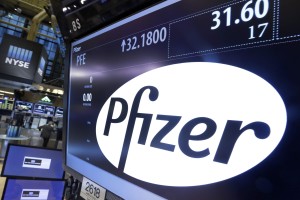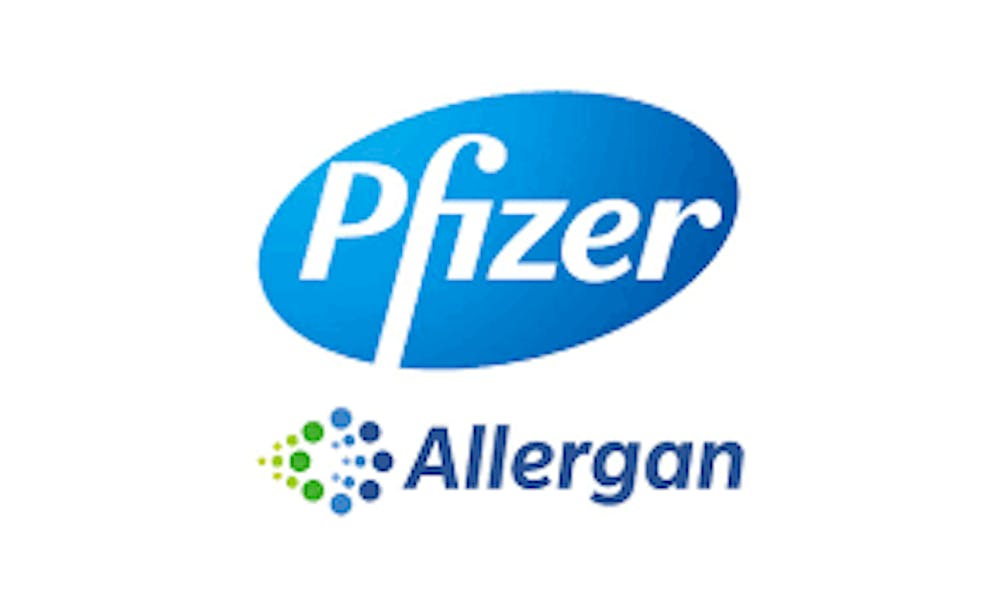By Roman Orsini
Staff Writer
On Monday, Nov. 23, Pfizer and Allergan, two large pharmaceutical companies, agreed to a merger which stands to create the world’s largest drug company by market value at $300 billion, according to the Economist.
The value of the resultant corporation will exceed the stock market value of Johnson & Johnson, the current largest drug and medical device producer, according to Forbes.
The merger will see Pfizer purchase Allergan for $160 billion. By completing the merger, Pfizer looks to expand its market capitalization and cut operating costs by broadening the scale of its services while reducing its tax burden considerably.
Pfizer is a heavyweight within the pharmaceutical industry — one of the largest of its kind in the world, according to the Economist. The company is based out of New York City and has been listed in the Dow Jones Industrial average among the largest publicly traded U.S. corporations for over a decade.
Allergan has been based out of Dublin, Ireland, since 1950. The company is most noted for its invention of Botox, a chemical compound which affects nerve tissues, used for both cosmetic and medical purposes, BBC reported.
Perhaps the most significant consequence of the merger will be to effectively end the American corporate “citizenship” of Pfizer, as it becomes one with the Irish company, Allergan, the New York Times reported.

Upon the merger’s completion, Pfizer will move its headquarters from New York to Dublin and, consequently, will no longer be subject to America’s corporate tax rate, at roughly 40 percent. In the past, Pfizer has publicly railed against America’s corporate taxation and how such high rates hinder the ability of U.S. corporations to compete globally, according to the New York Times.
Ireland, by contrast, has a corporate tax rate of 12.5 percent, according to Forbes, which saves its corporations much of their profits and lends to greater competitiveness, especially in the global market of scale.
The trend of American corporations moving operations abroad to dodge tax obligations has been well established in recent years and has been identified as a major issue in the 2016 presidential campaign, CNN reported.
In fact, just before Pfizer sought the merger with Allergan, the company was looking to acquire British drug company, AstraZeneca, presumably to take advantage of Britain’s low corporate tax rate, according to CNN.
Corporate mergers are becoming increasingly prevalent, as well, as companies look to combine their operations to increase their scale and reduce costs by relocating to countries with more favorable tax policies.
This month has also seen the announcement of a new merger for the beer industry between AB InBev and SABMiller, the makers of Budweiser and Miller, respectively, according to BBC.







